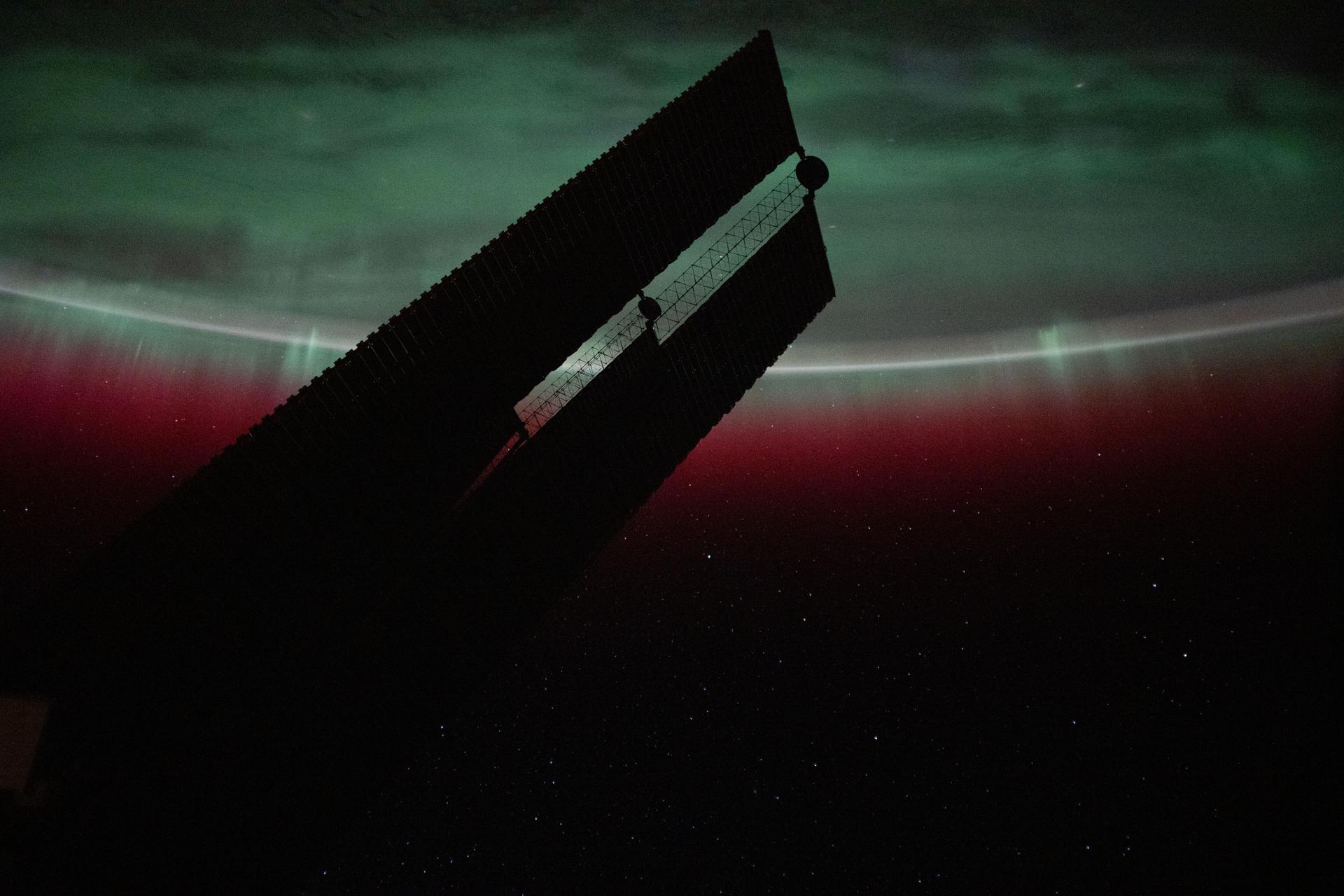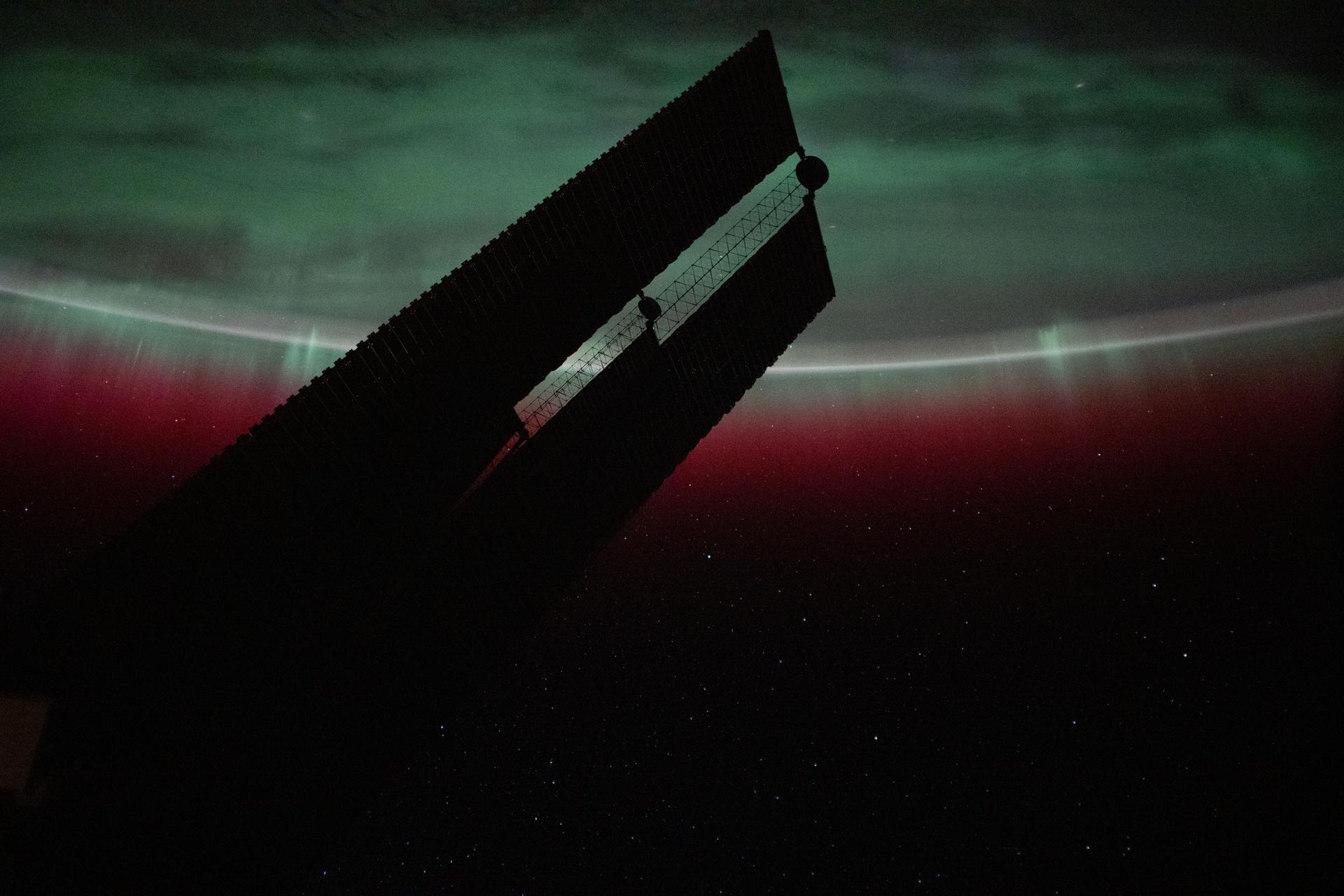Cellular immunity and digestion were the main research topics on Wednesday as the Expedition 72 crew explored space biology aboard the International Space Station. The orbital residents also worked on spacesuit maintenance and prepared for the arrival of a new cargo mission this weekend.
NASA Flight Engineer Nick Hague began his day collecting his blood and saliva samples for the Immunity Assay investigation. Before breakfast, he began his saliva work processing and stowing the samples in a science freezer. Then he treated his blood samples and spun them in a centrifuge before finally loading the specimens in a pair of temperature controlled Kubik incubators. The samples will be analyzed on the space station to understand space-caused cellular stress and tissue damage. Results may reveal how an astronaut’s immune system responds to the lack of gravity and improve ways to monitor crew health on missions farther away from Earth.
Spacesuit work filled the day for NASA Flight Engineers Don Pettit and Butch Wilmore who partnered together inside the Quest airlock. The duo cleaned water cooling loops, swapped components, and checked the communications system on a spacesuit following a pair of spacewalks in January and before another spacewalk planned for the spring. Pettit later loaded disposable cargo inside the Cygnus space freighter while Wilmore removed space physics hardware from inside the Microgravity Science Glovebox.
NASA’s station Commander Suni Williams spent her day on inspection activities throughout the orbital outpost’s U.S. segment. She looked at portable fire extinguishers, breathing masks, emergency air supply tanks, and other safety hardware ensuring their functionality. Williams completed her shift inside the Columbus laboratory module inspecting air ducts inside temporary crew quarters that host visiting crews for short periods of time.
Roscosmos Flight Engineers Aleksandr Gorbunov and Ivan Vagner joined each other for ultrasound scans of their stomachs before and after breakfast on Wednesday to understand how weightlessness impacts their digestion system. Gorbunov then collected air samples in the Zvezda, Nauka, and Rassvet modules for analysis. Vagner later joined Flight Engineer Alexey Ovchinin and trained for an upcoming cargo mission.
The Roscosmos Progress 91 cargo craft is at its launch pad at the Baikonur Cosmodrome in Kazakhstan counting down to launch at 4:42 p.m. EST on Thursday. The Progress 91 is scheduled to dock to Zvezda’s aft port at 6:03 p.m. on Saturday delivering three tons of food, fuel, and supplies to the Expedition 72 crew. Vagner and Ovchinin prepared for the Progress 91’s arrival and trained on the TORU, or telerobotically operated rendezvous unit, located in Zvezda that can remotely command and control an approaching Roscosmos spacecraft if necessary.
Learn more about station activities by following the space station blog, @space_station and @ISS_Research on X, as well as the ISS Facebook and ISS Instagram accounts.
Get the latest from NASA delivered every week. Subscribe here: https://www.nasa.gov/subscribe


